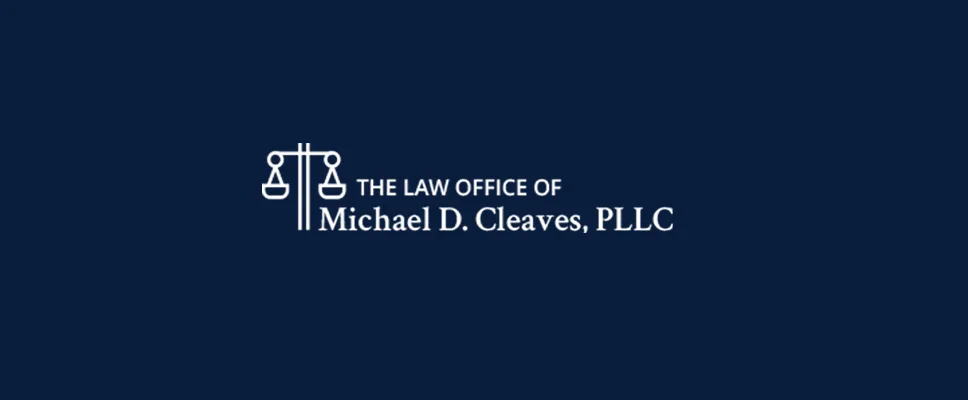What can I do after receiving a traffic violation?

What can I do after receiving a traffic violation?
Traffic violations can have serious consequences, including loss of license, fines, and other punishments. That is why you are encouraged to gain as much information as possible about traffic violations, including ways you can reduce penalties and what to expect if you are summoned to traffic court. This traffic violations guide explains a few of the basics, which can help you navigate the process with as much success as possible.
What happens if I do not pay my traffic ticket?
You generally have 40 days after the case was settled to pay your ticket (although the judge will give you a specific time period in which you are expected to pay). At this point, the issue will be reported to the Department of Motor Vehicles, which will revoke your license. To have your license reinstated, you must either pay the ticket or present evidence showing that you made a good faith effort to pay and were unsuccessful. Your license can also be revoked if you fail to appear in court as ordered.
What usually happens at traffic court?
Your hearing will involve a prosecutor and a district court judge. You can represent yourself or hire an attorney, which is recommended for more complex cases. Some traffic courts handle hundreds in a single session, so it is best to arrive early and fully prepared with any evidence you have in your favor.
Can I appeal a decision after it is made?
You are permitted to appeal misdemeanor traffic convictions. Appeals for District Court convictions are heard by the Superior Court. For Superior Court convictions, your appeal will be heard by the Court of Appeals.
Is my charge a misdemeanor or infraction?
Infractions are typically considered less serious than misdemeanors, although both can have significant consequences. If you are unsure of your specific charge, take a look at the traffic ticket or citation. The first two digits are the year (i.e. 20 for 2020), while the next two letters indicate whether the charge is related to a misdemeanor or infraction. Misdemeanors are labeled with CR, which indicates a criminal offense, while infractions are labeled with IF. However, you can be charged with both a misdemeanor and infraction simultaneously, in which case the citation would be labeled CR.
Get In Touch With Us
Fields Marked With An “*” Are Required
© 2025 The Law Office of Michael D. Cleaves, PLLC • All rights reserved.


